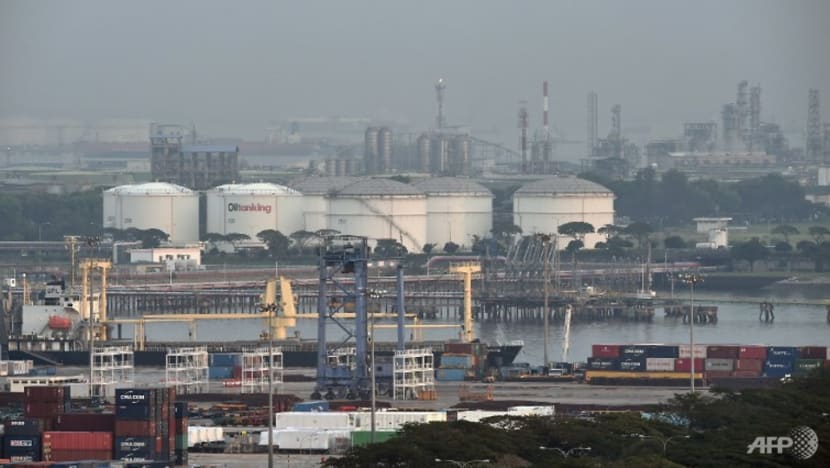Budget 2024: S$5 billion for new Future Energy Fund to power Singapore's transition to clean fuels
The transition to clean fuels is a massive task and cannot be done by the private sector alone, says Deputy Prime Minister Lawrence Wong in his Budget 2024 speech.


This audio is generated by an AI tool.
SINGAPORE: A Future Energy Fund will be set up with an initial injection of S$5 billion (US$3.7 billion) to spur Singapore's "massive" transition to cleaner fuels, Deputy Prime Minister Lawrence Wong said on Friday (Feb 16).
"This will give us the confidence to invest in good time, put us in a better position to move quickly on critical infrastructure and enhance our security in clean energy," said Mr Wong, who is also the Finance Minister, while delivering the Budget statement in parliament.
He described the transition towards clean fuels as an emerging security challenge, although natural gas will still remain critical in the near to medium term.
About 95 per cent of Singapore's electricity is generated from natural gas. Its natural gas supplies come from Indonesia and Malaysia in the form of liquefied natural gas (LNG).
Last October, Singapore announced its plans for a second LNG terminal, to be operational by the end of the decade. This terminal will be able to meet the country's demand for natural gas entirely by LNG if necessary.
"But there is a limit to importing electricity without compromising security. So we will need other options to decarbonise the rest of our energy supply."
These options include hydrogen, which Mr Wong described as still "technologically nascent, costly and risky". Singapore set out its National Hydrogen Strategy in 2022 and will start by testing and deploying ammonia, a hydrogen carrier, for power generation and bunkering on Jurong Island.
Singapore is also assessing the possibilities of geothermal power – heat from the earth as an energy source – and is tracking developments in nuclear energy.
"We will build our capabilities, so that we can critically assess the evolving technologies in this space and decide on the feasibility of nuclear deployment one day in the future," said Mr Wong.
"We say this is an ‘energy transition’. Transition sounds like a rather innocuous word. But the scale of this so-called transition is massive, and we will need to get it done over the next two decades or so, which is not a lot of time, when you think about the enormity of the task."
To import low carbon electricity for example, Singapore will have to invest in submarine cables and upgrade the existing power grid. Scaling up the use of hydrogen will also require new infrastructure for generation, storage and delivery.
"They cannot be done by the private sector alone, and will likely need some catalytic funding from the government," Mr Wong said.





















